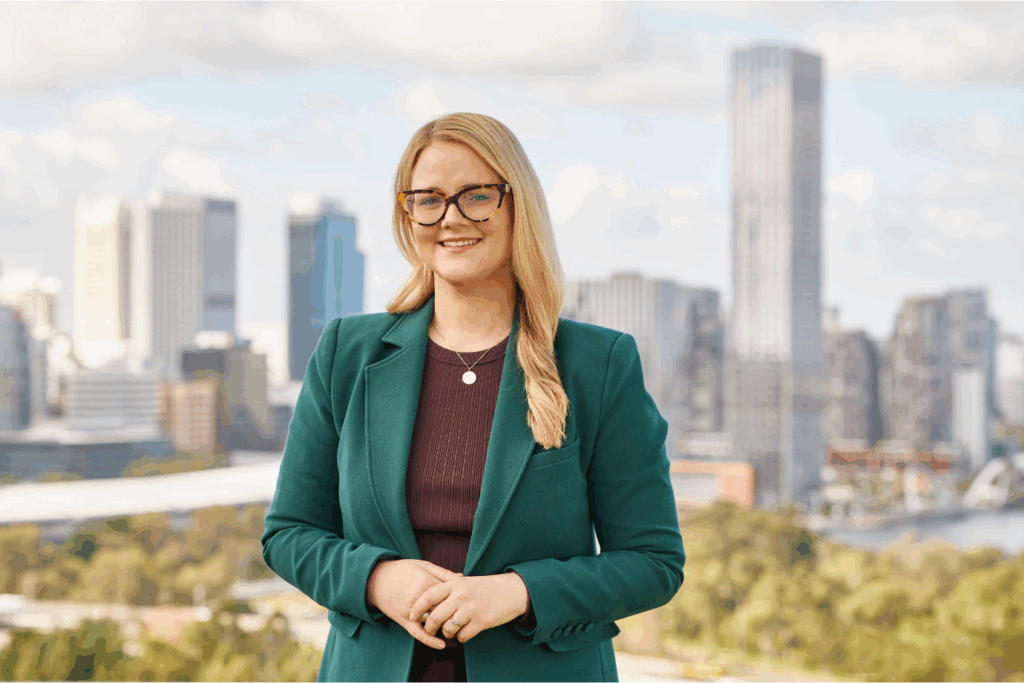When the Government announced Australia’s first every gender equality strategy ‘Working for Women’ back in March 2024, we made sure women’s health was one of five key priorities, and earlier this year, Labor announced our historic $790 million Women’s Health Package.
We believe women should have more control over their healthcare. We believe women should have access to affordable healthcare.
And why is this important to me? I know all too well what it’s like to not have your health taken seriously.
To suffer debilitating pain and be told it’s just part of life. To be fobbed off by doctors, time and time again.
And then to finally get a diagnosis but realising you have to pay hundreds of dollars for medication that is not on the PBS, because it’s the only thing that can manage your disease.
I am one of the one million Australian women with endometriosis. I don’t remember the first time I felt pelvic pain.
But I do remember the first time I presented to the emergency room with pain so severe, the doctors thought my appendix might be about to burst. I was in year 5. I can’t tell you how many GPs I visited in the almost ten years that followed.
But I can tell you about the day a male GP told my mum and I that ‘every teenage girl is pregnant until proven otherwise’. I was 14. I can’t count the number of times I was told ‘it’s just bad period pain’ or ‘ just get pregnant, that’ll fix it’. (Of course it didn’t)
But I can count the number of people it took to change it all for me – five wonderful health professionals who took my pain seriously and worked with me on a plan to get on top of it. I was 19. It had been almost ten years.
My brilliant GP, Dr Jane Spencer, referred me to the pelvic pain clinic at King Edward Memorial hospital in Perth. A physiotherapist, a psychologist, a gynaecologist and a pain specialist work together in a multi-disciplinary team to help women who, like me, feel like they’re running out of options.
I remember walking out of that appointment and feeling like a weight had been lifted off my shoulders. Finally, people were listening. Finally, I had some answers – a name for what I was suffering. Finally, I had a plan.
But then of course, I realised the medications that could help weren’t on the PBS, and so I’d be paying upwards of $100 each time I filled a script.
My story is not unique. It takes women on average more than 6 years to be diagnosed with endometriosis. Too many women experience medical misogyny which delays diagnosis and minimises their pain. Accessing the treatment we need once we do have a diagnosis has been too cost prohibitive.
I am always proud to be Labor, but I was particularly proud on the day we announced our half a billion-dollar package to tackle women’s health, to give back choice and control to women. I am proud to be a part of the Government that is expanding the network of pelvic pain clinics – because I know just how life changing one of those appointments can be.
And I was so proud when we announced would finally list more medications to help women on the PBS – because when you’re suffering from something like endo, you shouldn’t have to pay more to manage it.
So, this women’s health week, we should talk about the things that for too long have been ignored or fobbed off. My message to women today is this – if you’re suffering from pelvic pain, don’t suffer in silence. Don’t be ashamed.
It’s probably not just a bad period. Your pain matters. You matter. Help is available.
The shame, pain, and stigma – and the cost burden – that women suffer must end. And under this Labor Government, it will.


